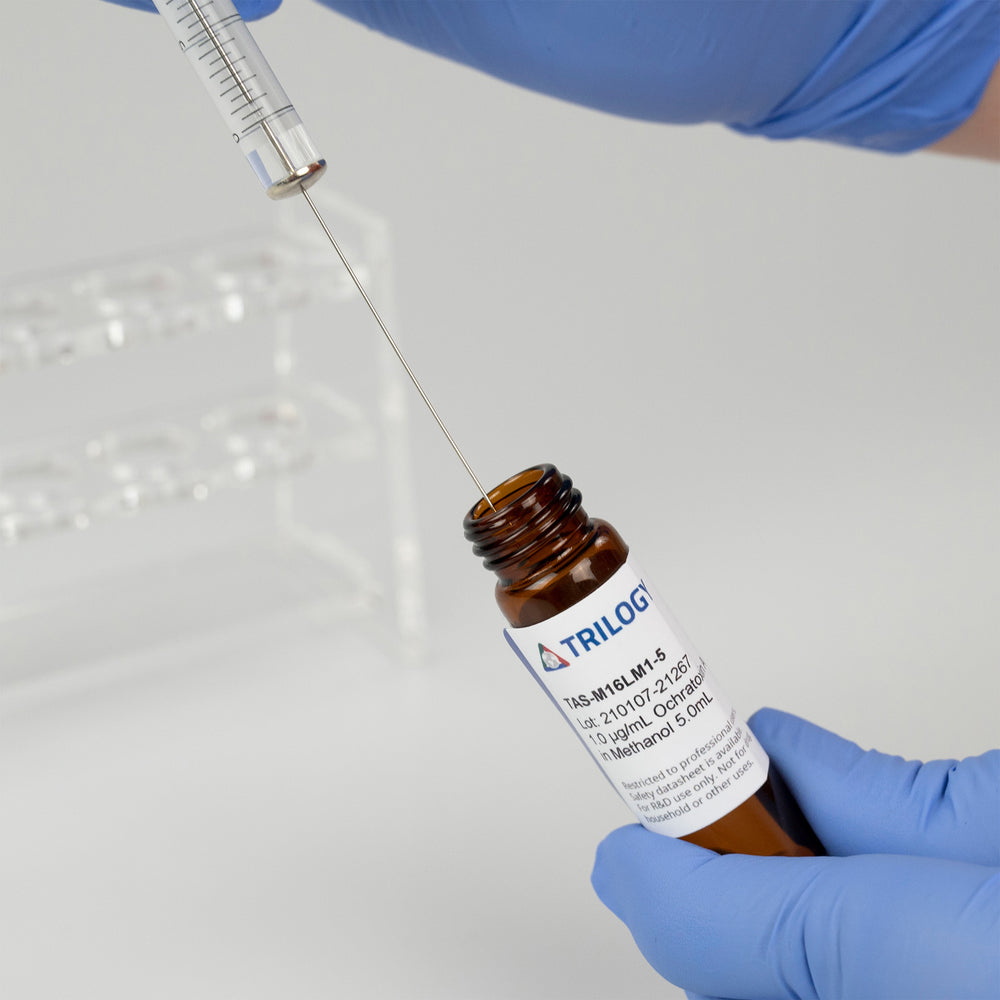Pumpkin Spice, Mycotoxins, and Everything Nice
Wendy Straatmann
October 26, 2017


It’s that time of year again: retailers everywhere are advertising pumpkin spice this and pumpkin spice that. There are pumpkin spice lattes, donuts, brownies, pancakes, muffins, and the list goes on and on. The topic is popping up all over social media – pumpkin spice season is definitely here.
As with most fruits and vegetables, pumpkins carry their own risk of mycotoxin contamination. Mycotoxins arise from certain molds which occur naturally in soils during certain environmental conditions. While mycotoxin contamination mainly occurs in the field as crops mature, proper harvest and storage conditions also play an important role in the further development and management of mycotoxins. During pumpkin harvest, pumpkins and pumpkin seeds need to be tested for mycotoxins, particularly for the aflatoxin variety.
Pumpkins tend to be contaminated with aflatoxin, though some samples have also been found to be contaminated with other mycotoxins. A 2009 Pakistan-based study of mycotoxin contamination in various fruits and vegetables showed 4 pumpkin samples to contain aflatoxin G1. Over the years here at Trilogy, our experience has shown that aflatoxin is the main concern in regards to mycotoxin contamination in pumpkins.
Aflatoxins are produced by the Aspergillus species and are highly carcinogenic. They typically affect the liver but can also affect the lungs, kidneys, brain, and heart in severe cases of aflatoxicosis. The United States Food and Drug Administration (FDA) action level for aflatoxin in food intended for human consumption is 20 parts per billion (ppb). The FDA issues food recalls as a precaution to prevent exposure if food is found to contain aflatoxin at or above the action level. The FDA also issues a “red list” which is a guidance document for FDA field personnel to use to prevent certain food products that have been previously tested and found to be contaminated from entering the food supply.
With this information in mind, it should be noted that aflatoxin contamination in pumpkins and pumpkin products is well-regulated in the United States. Trilogy Analytical Laboratory plays an important role by offering mycotoxin screening services, including aflatoxin analysis of pumpkins and pumpkin products, as well as other analytical services to keep your food safe. Learn more about our mycotoxin screening services or contact us if you have questions about the testing services we offer.So, enjoy your pumpkin spice latte, donut, brownie, etc. knowing that the people at the FDA and Trilogy Analytical Laboratory are hard at work keeping your seasonal food favorites safe.
About Trilogy
Trilogy is a food and feed safety laboratory specializing in mycotoxins, mycotoxin binder analysis, biogenic amines and animal drug residue testing. Trilogy Analytical Laboratory opened its doors in 1999 when its founders recognized a need in the mycotoxin industry for quick result turn-around utilizing reliable reference methods provided in an analytical setting. One of the main pillars of Trilogy’s strategy is to operate using a comprehensive quality program that we can rely on to ensure performance parameters are met every single time. From this philosophy the Trilogy line of quality products was born with the mycotoxin industry in mind.
Media Contact: Lynette Hischier, l.hischier@trilogylab.com






